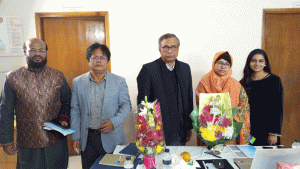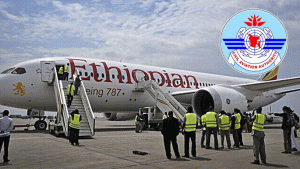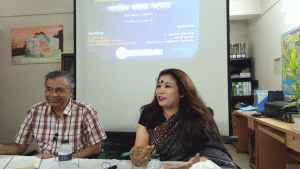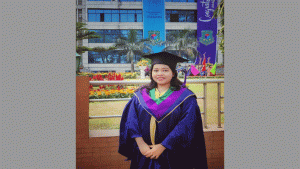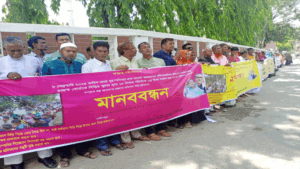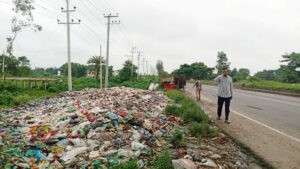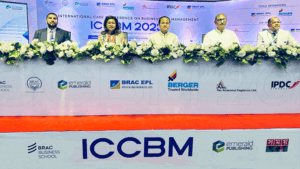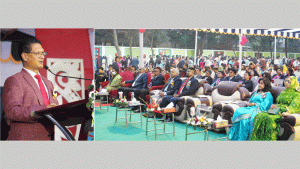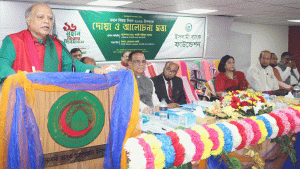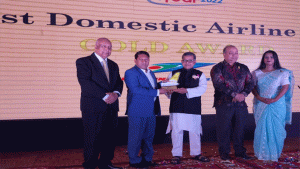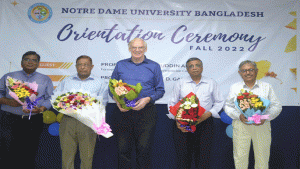 PBA DESK: Early in April, about 700 people from various sectors in the society such as educators, leaders of politics and religions, women and youth groups, global peace activists, and journalists gathered in Pentagon Events in Bucharest to discuss the practical approaches for realizing peace through peace education.
PBA DESK: Early in April, about 700 people from various sectors in the society such as educators, leaders of politics and religions, women and youth groups, global peace activists, and journalists gathered in Pentagon Events in Bucharest to discuss the practical approaches for realizing peace through peace education.
With the title of ‘The role of teachers for peace education’, 2019 Peace Education Conference was an event that presented the progress of the peace curriculum customized for European background and the direction of developing a culture of peace backed by international law for peace.
Planting the value of peace to the students, Peace Education
“This is a very complex subject. But just like all journey starts with a first step, raising the awareness of peace should be done for the most basic level. Through this education, children understood that they have the power to do good acts on their level. They can actually change their lives and the lives of their family in the future. I try to make them see the importance of the value of respect, helping others, and tolerance that create better students as righteous adults,” said Mr. Dumitru Marius-Gabriel, a teacher of 1 Mai Technical High-school of Ploiesti, who has operated the peace education.
 “Working with HWPL for this project brought me much joy and fulfillment because I could blend my normal lessons with the message of peace. I realized how important it is for us, teachers, to become a role model of our students. I’d like to add this peace education exists to create a peaceful world for future generation to cease all wars. Furthermore, this education should spread not only to our students but to all the students everywhere. They are the future of our peace,” he added.
“Working with HWPL for this project brought me much joy and fulfillment because I could blend my normal lessons with the message of peace. I realized how important it is for us, teachers, to become a role model of our students. I’d like to add this peace education exists to create a peaceful world for future generation to cease all wars. Furthermore, this education should spread not only to our students but to all the students everywhere. They are the future of our peace,” he added.
One of the distinguishing aspects of this education was the collaboration between a local organization and an international NGO to proceed with the curriculum. The teachers belong to Master Peace, a local Romanian youth group, have carried out the peace education. And the curriculum and materials for peace education were provided by an international peace NGO called HWPL.
According to the official of HWPL, the peace education is designed with the aim of to leave peace as a legacy to the future generations by raising the awareness of the importance of realizing peace and fostering a culture of peace. It recently provides the books, which contains the worldwide peace activities and peace agreements that HWPL has carried out, to the schools and libraries to encourage every citizen to participate in peace work.
As a part of peace initiatives, more than 200 educational institutions in 21 countries including Romania, Republic of South Africa, India, Israel, Kosovo, the Philippines are designated as HWPL Peace Academies to train the educators and students with the value of peace beyond boundaries, races, and religions.
Chairman Man Hee Lee of HWPL said “As you can see the name of our organization, “Heavenly Culture” refers to the highest culture from heaven above worldly cultures that can realize peace by harmonizing all the people in the world. Even if you are born in a family or in a country with great wealth, you may feel infernal when there’s no peace in your family or your country. The first start is important, so the peace education should start from the family, and then to the schools and society. Everything you see, hear, feel, and learn should be engaged with peace education. We can call it practical peace education. And it starts with the mindset that we can achieve peace. HWPL aims to create a world like this. That’s the reason why we designed the peace materials and textbooks under several times of advice so that we send the materials to every educational institute to help encourage peace education.”
Since last year, Romanian schools and organizations including Comuna Sotrile College, 1 Mai Technical High-school of Ploiesti, and Master Peace have signed MOUs for further participation-based peace education and activities that customized for European culture using the peace materials provided by HWPL
Spreading a culture of peace with peace education, yet needs a legally binding international framework for peace
“What HWPL is proposing is the new way of seeing topics such as anti-bullying, non-violent communication, and collaborative activities that are very important currently in the Romanian educational system. The HWPL peace curriculum emphasizes the value of tolerance, care, social equality, peace, justice, cooperation, solidarity, and human right that can create a culture of peace. It helps us define peace and its value that would lead the students to the leaders of peace. I’d also like to stress that the students should be peace messengers and work for realizing peace with this systematic peace education.” Maglan Isabe, a student of Mihai Viteazu National College, expressed her impression of the HWPL peace education.
Mr. Dragomir Marian, President of Master Peace, said “My belief, that made me work with HWPL with its peace education curriculum, is that education in personality, skill, value, and attitude is important for social, economic, and political development in any country. This role is well articulated in the “Sustainable Development Goals (SDGs)” No. 4 containing a quality education for all to promote lifelong learning. This is also shared by the article 10, “Spreading a culture of peace”, in the Declaration of Peace and Cessation of War (DPCW) which mentions that education is important to promote respect and mutual understanding among different religions, ideologies, and ethnic groups.”
The DPCW consisting of 10 articles and 38 clauses addresses principles of conflict resolution and international cooperation for peacebuilding such as respect on the international law, peaceful dispute settlement, and spreading a culture of peace. Currently, it is in the process of submitting this declaration as a resolution to the UN in order to develop it into a legally binding document, while citizens around the world are supporting it by participating “Peace Letter Campaign”.
“Articles 1 to 5 of the DPCW deal with preventing conflicts, articles 6 and 7 are about resolving conflicts, and articles 8 to 10 present the measures for the sustainable peaceful global society. This declaration is different from existing clauses of international law because it offers a comprehensive solution and compassing principles for conflict resolution according to the international order,” said Mr. Young Min Chung, Director of the IPYG.
 “The future is counting on us to complete the world of peace. Let’s take what we’ve learned from the peace education and put it into our lives as peace citizens. World peace can be achieved with the DPCW that will lay the foundation of international law toward world peace. I invite you all to join the “Peace Letter Campaign”.” He urged for the participation for establishing a legally binding international framework for peace based on the DPCW.
“The future is counting on us to complete the world of peace. Let’s take what we’ve learned from the peace education and put it into our lives as peace citizens. World peace can be achieved with the DPCW that will lay the foundation of international law toward world peace. I invite you all to join the “Peace Letter Campaign”.” He urged for the participation for establishing a legally binding international framework for peace based on the DPCW.
The conference held in April 2nd was hosted by Heavenly Culture, World Peace, Restoration of Light (HWPL), an international NGO under UN ECOSOC, organized by Master Peace, a youth group of Romania, and sponsored by International Peace Youth Group (IPYG).
PBA/JI

